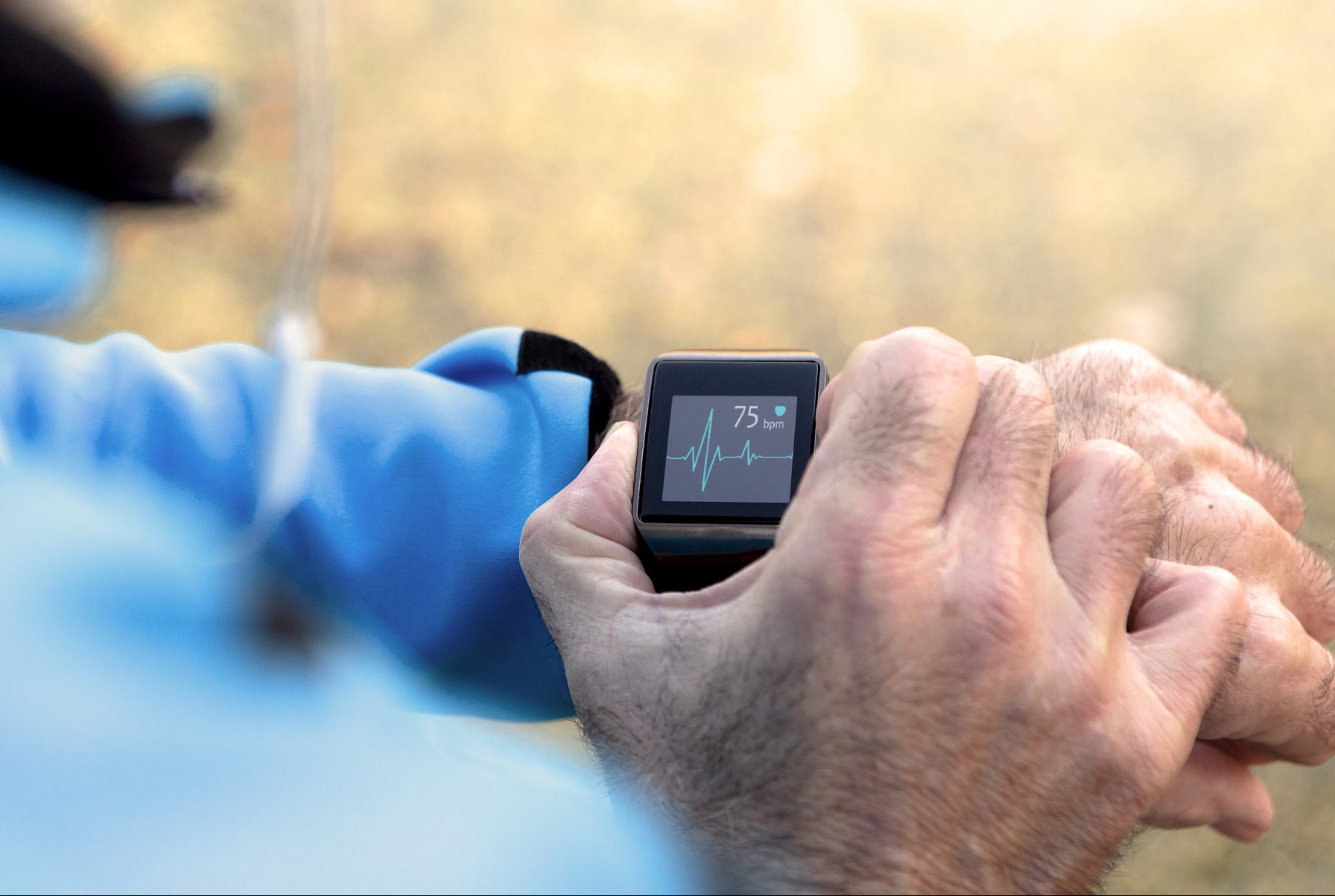The new Apple Watch 4 has some incredible features, including the ability to take an FDA-approved electrocardiogram (ECG). Apple sponsored a long-term study in order to receive this approval and upon the study’s completion, Apple determined that the smartwatch’s software can accurately identify atrial fibrillation (AFib) over 98 percent of the time.
AFib is an irregular heartbeat. Some people have no symptoms of this serious condition and need a physician to detect it. There are several types of AFib, and all of them increase a person’s risk of having a stroke. Even without symptoms, a person with AFib is nearly five times more likely to have a stroke than someone who doesn’t have the condition.
Approximately 350,000 Canadians have AFib, according to the Heart and Stroke Foundation of Canada.
The Apple 4 Watch has a single wrist sensor that monitors the wearer’s heart rate. The ECG identifies heart rates that are too fast, too slow or too irregular—qualities that may indicate AFib. If the ECG detects any of these issues, the watch notifies the wearer.
“Electrodes built into the Digital Crown and the back crystal work together with the ECG app to read your heart’s electrical signals,” Apple says on its website. “Simply touch the Digital Crown to generate an ECG waveform in just 30 seconds. This data can indicate whether your heart rhythm shows signs of atrial fibrillation — a serious form of irregular heart rhythm — or sinus rhythm, which means your heart is beating in a normal pattern.”
The Apple-sponsored study involved 588 people, half of which had AFib and half who didn’t. The Apple watches with the app identified 98 percent of patients with AFib and over 99 percent who had healthy hearts.
It’s worth noting, however, that consumers shouldn’t rely on one sensor in an Apple watch instead of an ECG, which usually requires dozens of sensors placed on the body to monitor heart activity.
The FDA is requiring Apple alert users of the dangers of faulty arrhythmia detection and the misjudgment or over-reliance on the watch’s software. Apple isn’t the only company to receive FDA approval for such a device. AliveCor has a smartphone app that includes an ECG.
AFib is not the only medical condition that the Apple Watch can detect. It’s also attuned to issues such as hypertension, sleep apnea, and diabetes. Cardiogram has an app that analyzes heart-rate data, which is collected by Apple. The app’s researchers teamed up with the University of California, San Francisco and have had an 85 percent success rate in determining which wearers have diabetes.


